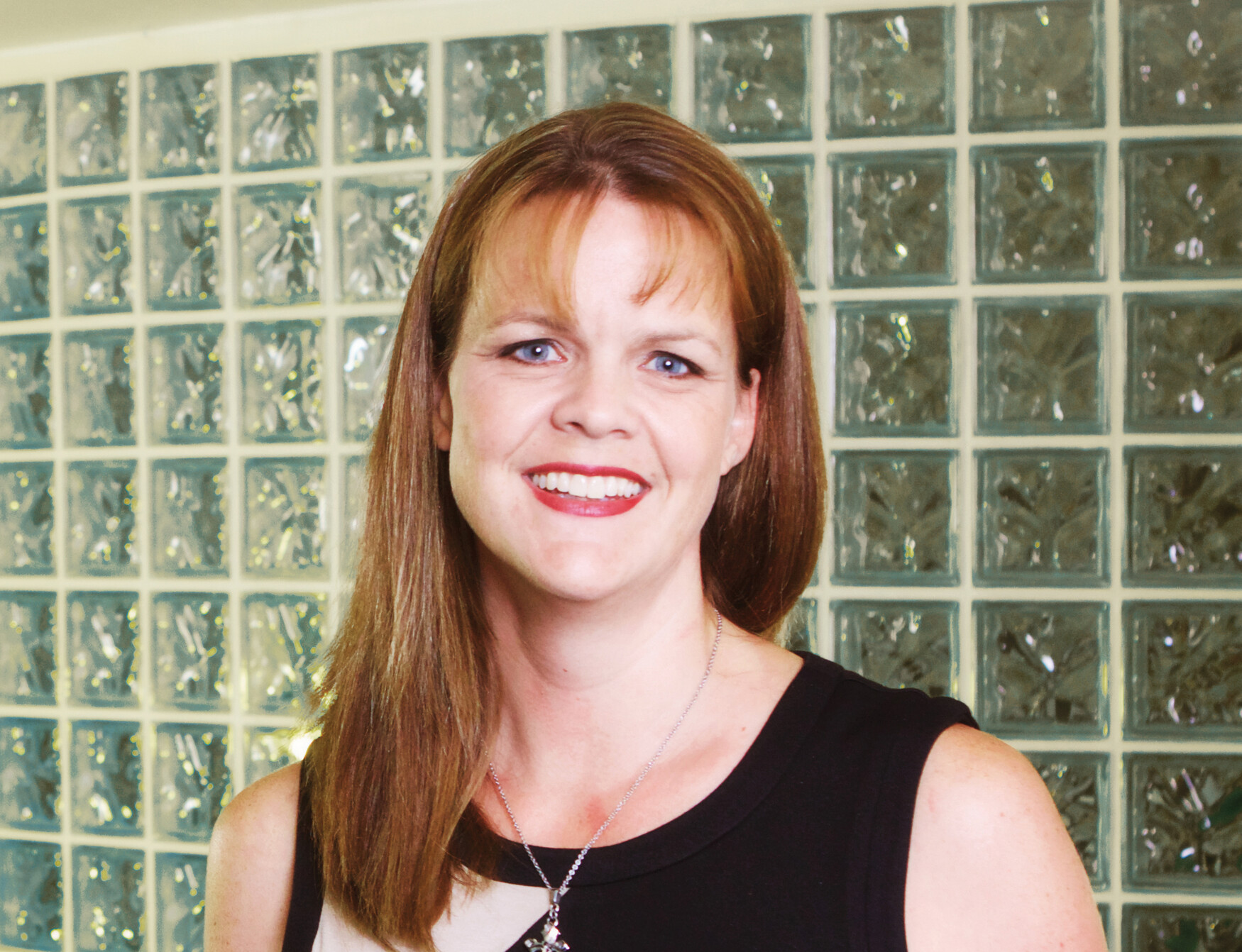Lori Holden is one of the first radiation therapists to receive APRT certification

 Congratulations to UTDRO Assistant Professor, Lori Holden, who is one of the first radiation oncologists in Canada to receieve the Advanced Practice Radiation Therapy (APRT) certification through the Canadian Association of Medical Radiation Technologists (CAMRT).
Congratulations to UTDRO Assistant Professor, Lori Holden, who is one of the first radiation oncologists in Canada to receieve the Advanced Practice Radiation Therapy (APRT) certification through the Canadian Association of Medical Radiation Technologists (CAMRT).
Earlier this summer, the CAMRT announced the completion of its Advanced Practice Registered Technologist (APRT) Certification Pilot. Under this pilot, three radiation therapists completed the three phases of the pilot project and in the end, receieved APRT certification.
Lori Holden, one of the three radiation therapists to participate in the pilot, now is one of the first radiation therapists in Canada to carry the APRT(T) designation after her name.
Below is a news story featuring Lori from the 2012-2013 UTDRO Annual Report.
LORI HOLDEN PAVING THE WAY FOR RADIATION THERAPISTS
When Ms. Lori Holden first heard about radiation therapy at a job fair in Waterloo, Ontario, she could not have imagined the unique road this profession would take her on. Today, she is an Assistant Professor at University of Toronto’s Department of Radiation Oncology (UT DRO), Associate Faculty Member at the Institute of Medical Science, and an Advanced Practice Radiation Therapist at Odette Cancer Center.
After completing her Bachelor of Science at the University of Waterloo, Lori headed to the Juravinski Cancer Centre (previously the Hamilton Regional Cancer Centre) for radiation therapy training. Following this program, she started working at Odette Cancer Centre initially as a floor therapist, and then specialized as a palliative radiation therapist.
At that time, patients with metastatic disease would often have to wait for weeks to receive treatment. In order to address this, in 1996, Sunnybrook Health Sciences Centre pioneered the Rapid Response Radiotherapy Program (RRRP), which allowed patients to receive expedited treatment. Lori was one of the first radiation therapists to work as an RRRP therapist. This program proved to be highly successful, and Sunnybrook has become a model for cancer centres around the world that wish to implement this approach in their hospitals.
This transition to RRRP was only the beginning for Lori’s career. In an era when radiation therapy was not a research intensive discipline, Lori successfully defined a new research radiation therapist role for herself. In addition to clinical activities, her days now also included research. Because this was a new role, she felt that it would be challenging for the community to accept a therapist as a researcher leading international clinical trials. Therefore, Lori undertook further training via a Certified Clinical Research Professional (CCRP) designation, as it would provide greater depth for her research. To date, Lori is the only radiation therapist to carry the CCRP designation.
A decade after launching the Rapid Response Radiotherapy Program, Sunnybrook piloted yet another new program in Ontario: the Advanced Practice Radiation Therapist (APRT). This role allowed therapists to share in the responsibilities of physicians and nurses, in order to improve the patient experience. Lori was involved in the development of this program from its earliest days. As an integral participant in the RRRP, she was able to assess the feasibility, sustainability, and educational requirements of the new Advanced Practice role. With a team of researchers, Lori’s research was collectively submitted to the Ministry of Health and Long Term Care, which funded the APRT pilot. Soon after, Lori was amongst the first therapists to become an Advanced Practice Radiation Therapist in Ontario.
As an APRT, Lori’s responsibilities increased, and she was faced with a knowledge gap in the clinical setting. “In the early stages, all I could do was shadow and learn from everyone that was around me. I tried to find necessary advanced level courses like imaging, image interpretation, patient communication, and patient assessment. In the beginning, it was about absorbing information and learning. And I found that the more knowledge I gained, the more responsibility and autonomy I was given.”
Taking on the APRT role was not without its challenges. Being a new role, it had the potential to encroach on the different roles held by nurses and physicians. Lori found that “by developing a good relationship with them and making sure that they knew that we were all there to make sure the patient had the best experience,” she was able to clarify the APRT role for the health care team. In addition, she faced the challenges of a scarcity of advanced-level courses. Fortunately for future APRTs, the new Master of Health Science in Medical Radiation Sciences fills that gap and highlights advanced-level learning for practicing therapists.
Despite some challenges, the APRT role has been accepted and implemented at several centres across the province. Lori explains that the APRT role benefits all of the stakeholders: “For therapists, it provides another avenue to strive for and improves job satisfaction and retention. For the department, there are numerous benefits. By giving the therapists more autonomy, you free up the physicians’ time allowing them to focus on other aspects of patient care. Also, this results in cost savings for the department. Lastly, this role benefits the patients because they have direct contact with the APRTs, and can ask questions and find information directly.”
Since the inception of the advanced practice role, the responsibilities for therapists in APRT roles have evolved, and this role requires Lori to adapt to the changing needs of the program. “The more knowledge that I have gained and the more that I have learned, the more confidence the doctors have had in me and given me more independence. This is very rewarding.” With this independence, she has been able to take on further responsibilities including triaging patient referrals to the RRRP, handling patient histories and assessments, planning treatments, placing treatment volumes and fields. Furthermore, Lori will be initiating “last day reviews” starting this fall, as well as an outreach program.
Since 2006 when the APRT program was piloted, the department has continued to implement evidence-based practices, and the many new technologies. As a result, radiation therapists have also evolved and adapted. “The APRT role is exciting because you can tailor the role to best fit patients and the department’s needs. You are able to emphasize your own strengths while being constantly challenged. It’s very exciting.”
Like Lori, therapists can take any direction they want provided that they are willing to adapt to the new roles.“You can’t be afraid to jump into the fire. My roles were new and I had no predefined direction in any of the roles. In this situation, you have to be open to feedback and not take things personally. You have to be a self-starter, a self-motivator, a go-getter. You can’t wait for people to tell you how to do things. There are always key mentors available to help and guide you, and you have to find them.”
Lori is excited to continue her APRT journey, working tirelessly to improve the treatment experience for palliative patients.
